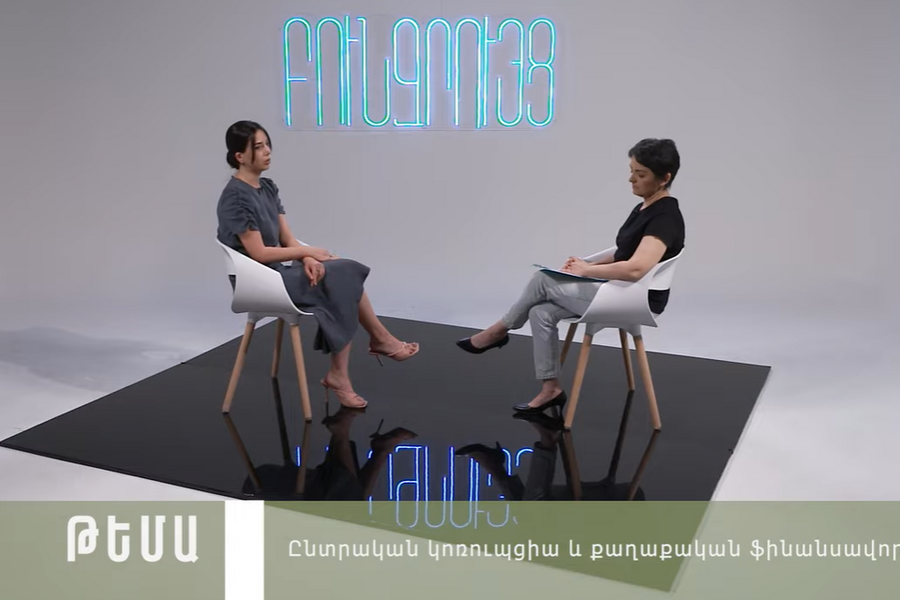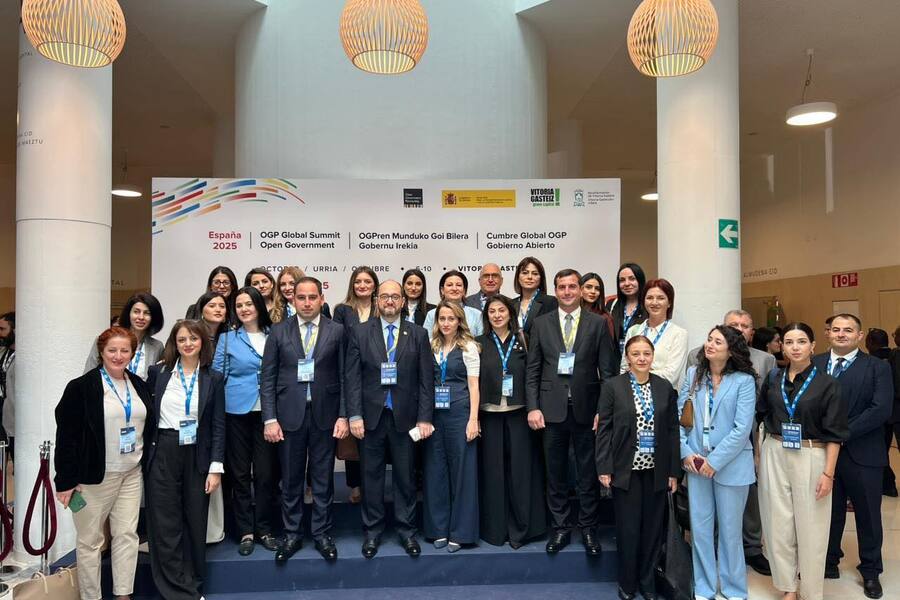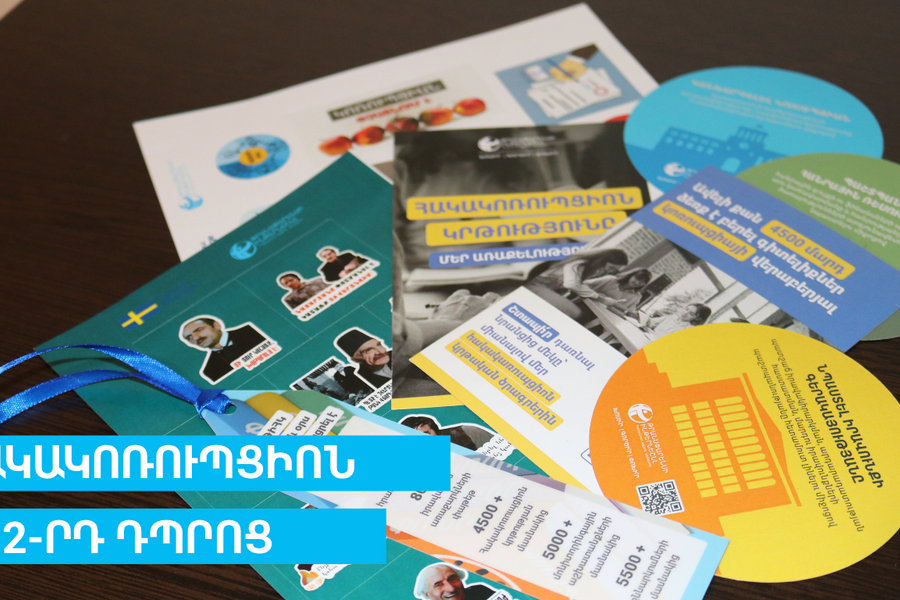From Spain to the UK and Turkey, support for populist and nationalist movements is on the rise in Europe and Central Asia. While the reasons are manifold and complex, corruption is central to the story – both the failure of governments to properly address corruption and their complicity in corrupt or clientelist schemes.
For our new report People and Corruption: Europe and Central Asia, Transparency International spoke to nearly 60,000 citizens in 42 countries in Europe and Central Asia about their daily life experiences with corruption. One in three citizens in in the region think corruption is one of the biggest problems facing their country. This figure rises to two in three in Moldova, Spain and Kosovo, showing that urgent actions against the abuse of power and secret deals are needed.
People are also highly dissatisfied with the way governments are tackling the corruption risk in Europe and Central Asia. Over half (53 per cent) said that their government is doing badly at fighting corruption, while less than a quarter (23 per cent) say that they are doing well.
The governments of Ukraine (86 per cent), Moldova (84 per cent), Bosnia and Herzegovina (82 per cent), and Spain (80 per cent) were judged worst by their citizens.
Bribery is a far too common experience for many households in the region. On average, one in six households paid a bribe for access to public services. Although few households paid bribes when coming into contact with public services in EU member states, rates were significantly higher further east; the highest rates were in Tajikistan (50 per cent), Moldova (42 per cent), Azerbaijan, the Kyrgyz Republic and Ukraine (38 per cent for each). Romania had the highest rate for an EU member state at 29 per cent, followed by Lithuania with 24 per cent.
“Corruption is a significant problem all across the Europe and Central Asia region. In EU countries many citizens see how the wealthy and those in government distort the system to their advantage,” said José Ugaz, Chair of Transparency International. “Governments are simply not doing enough to tackle corruption because individuals at the top are benefiting. To end this deeply troubling relationship between wealth, power and corruption, governments must require higher levels of transparency, including around who owns and controls companies through public beneficial ownership registries.”
“By their very positions at the top of the power pyramid, corrupt elites and oligarchs are hard to remove. But we have seen that it can be done if people stand together to demand higher standards from their leaders and the judiciary acts independently to hold them to account,” said Ugaz.
Tackling corruption will require a clear commitment from all levels of government, the private sector and civil society working together to address corruption.
Transparency International makes four key recommendations to reduce political corruption and help people speak up without fear of retaliation. Governments across Europe and Central Asia should:
Have transparent rules on lobbying and a public lobbying register, so that policy decisions can be better scrutinised.
Ensure the independence of the judiciary, particularly in EU accession countries and the former Soviet Union, by reducing the influence of the executive over the judiciary and prosecutorial services and including transparent and objective systems for the appointment, transferral and dismissal of judges and prosecutors.
Adopt and enforce comprehensive legislation to protect whistleblowers.
Support whistleblowers and reporters of corruption and ensure appropriate follow-up to their disclosures.
Transparency International is the global civil society organisation leading the fight against corruption.
Note to editors: To see the full report click here. For a downloadable map showing bribery rates across Europe and Central Asia, click here. To see the previous reports on Africa and the Middle East and North Africa click here and here. Reports on the Americas and Asia Pacific are upcoming in 2017.
All figures, unless otherwise stated, are from Transparency International’s Global Corruption Barometer 2016. Two research companies organised the implementation of the Global Corruption Barometer 2016 question module in the Europe and Central Asia region. TNS Opinion collected the data using face to face household interviews. Efficience3 organised the implementation of the survey using Computer Assisted Telephone Interviews (CATI). In total 58,238 adults were interviewed between November 2015 until July 2016. The figures are weighted and are representative of all adults (aged 18+).
Global Corruption Barometer 2016 Survey in Armenia
On behalf of Transparency International, the TNS Opinion research company carried out the GCB 2016 survey in Armenia from December 28, 2015 to May 2, 2016 (for more on GCB see the “Frequently asked questions” material at www.transparency.am ). The sample size was 1,527 people (adults of 18 years and more age) and data were collected using face to face household interviews. Armenia is included in the GCB survey for the fourth time in sequence (the previous ones were on 2009, 2010 and 2013).
Most results on Armenia, most of the former Soviet republics and Turkey are summarized in the tables included in the package on GCB 2016 (see …). For more detail on GCB 2016 Europe and Central Asia report visit TI website at http://www.transparency.org/whatwedo/publication/7493
Major results of GCB 2016 for Armenia
- The steps taken by the Armenian government to handle the fight against corruption are rated fairly well or very well only by 14% of the respondents (in 2013 it was 21%), whereas 65% of the respondents rated those steps as very badly od fairly badly (in 2013 it was 53%).
- The respondents think that the most number of representatives involved in corruption are those representing the governmental institutions (45% of the respondents perceive that all or most of them are involved in corruption), President and his staff (44%) and tax officials (43%).
- 66% of the respondents think that the wealthy in Armenia have too much influence and only 26% think that they have no influence or limited influence.
- However, similar to 2013 this time also the most alarming numbers for Armenia are those, which relate to the willingness of the people to get involved in the fight against corruption and perception of their role in that fight. In particular, 63% of the Armenian respondents (the same number, as in 2013) think that ordinary people do not make difference in the fight against corruption. This is the lowest number among NIS countries and the second lowest in the region (lower rate was reported from Czech Republic – 64% and the same 63% - in Hungary). 52% of the respondents in Armenia think that the ordinary person cannot do anything to help combat corruption. This is the highest number across the region among 42 countries. The picture was the same in 2013, though with even higher number. Finally, 67% of Armenian respondents (the same as in 2013) will not be obliged to report about corruption, even if he/she will witness the act of corruption. This also the worst result among all 42 surveyed countries of the region. Fear of reprisal is the most frequently stated reason (41%) for not reporting. It is interesting to mention that in 2013 the most frequently stated by Armenian respondents reason for not reporting corruption was “Nothing will be done” response (68% - the highest in the region).
- Among other results of Armenia in GCB 2016 it should be mentioned 24% of the respondents said that they paid bribe to at least one of the 8 services mentioned in the corresponding question (in 2013 that number was 18% and for 12 services). Finally, 77% of the Armenian respondents stated that reporting corruption is socially not acceptable in his/her country. This is also the highest number among all 42 countries of the region.




